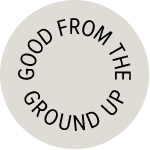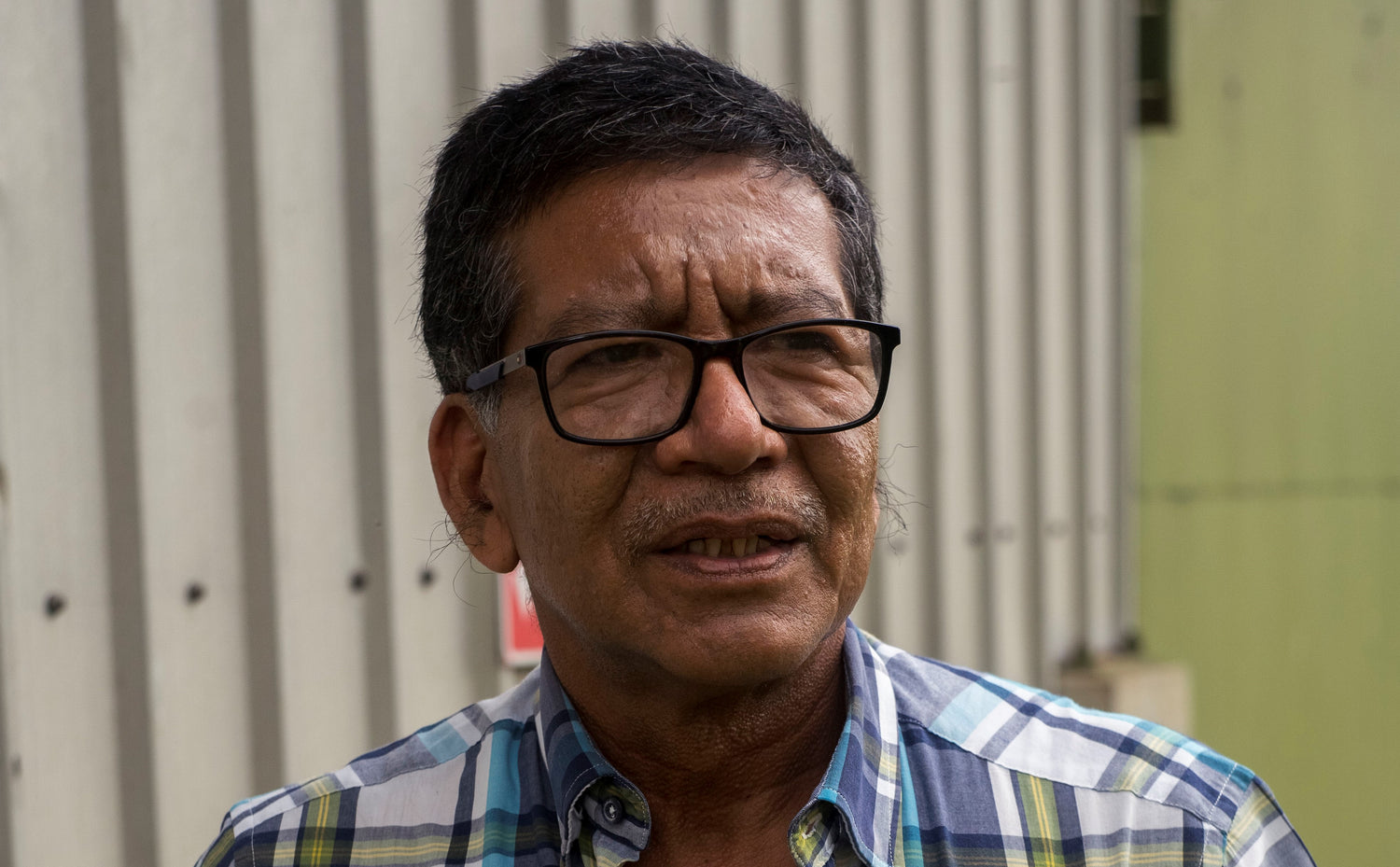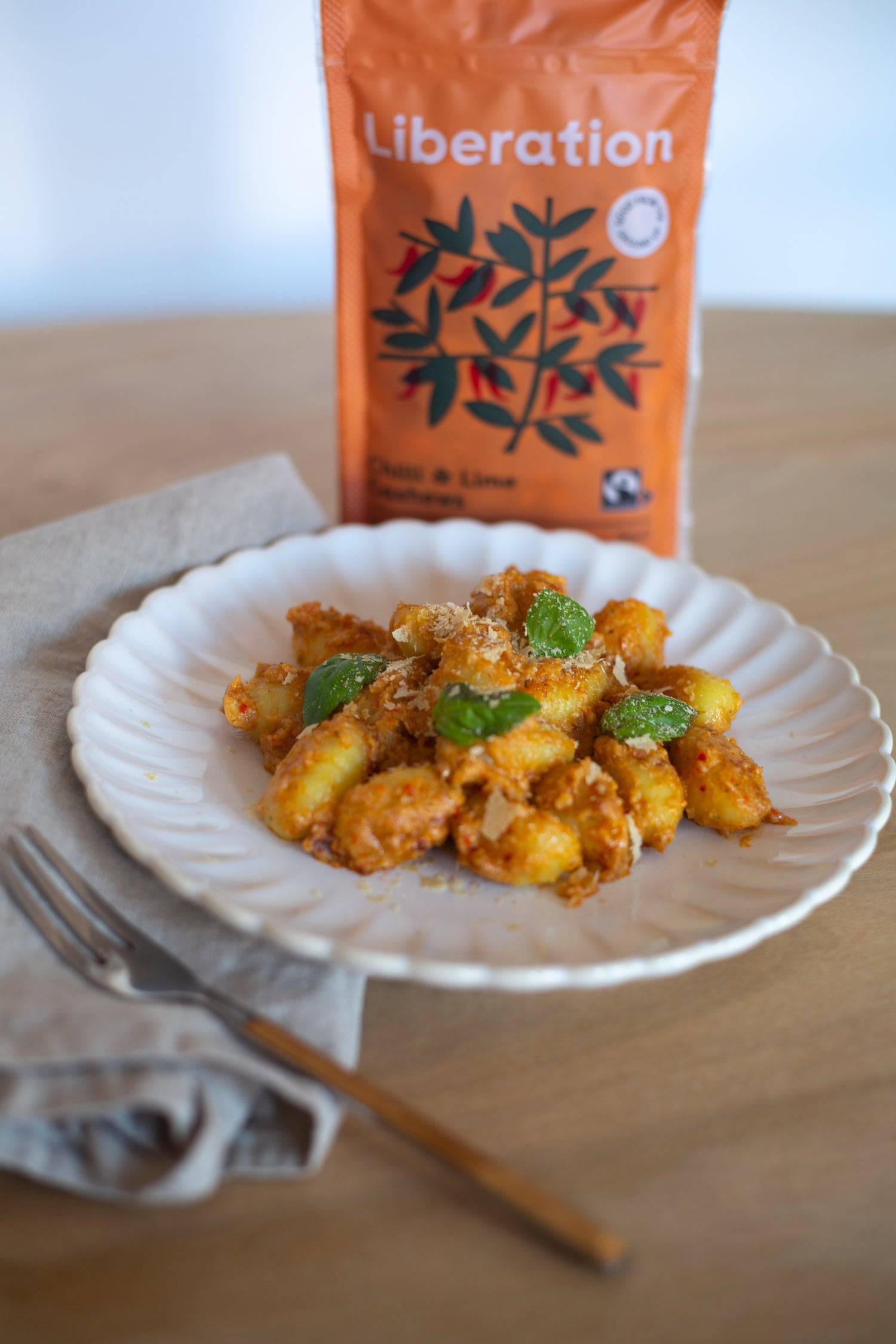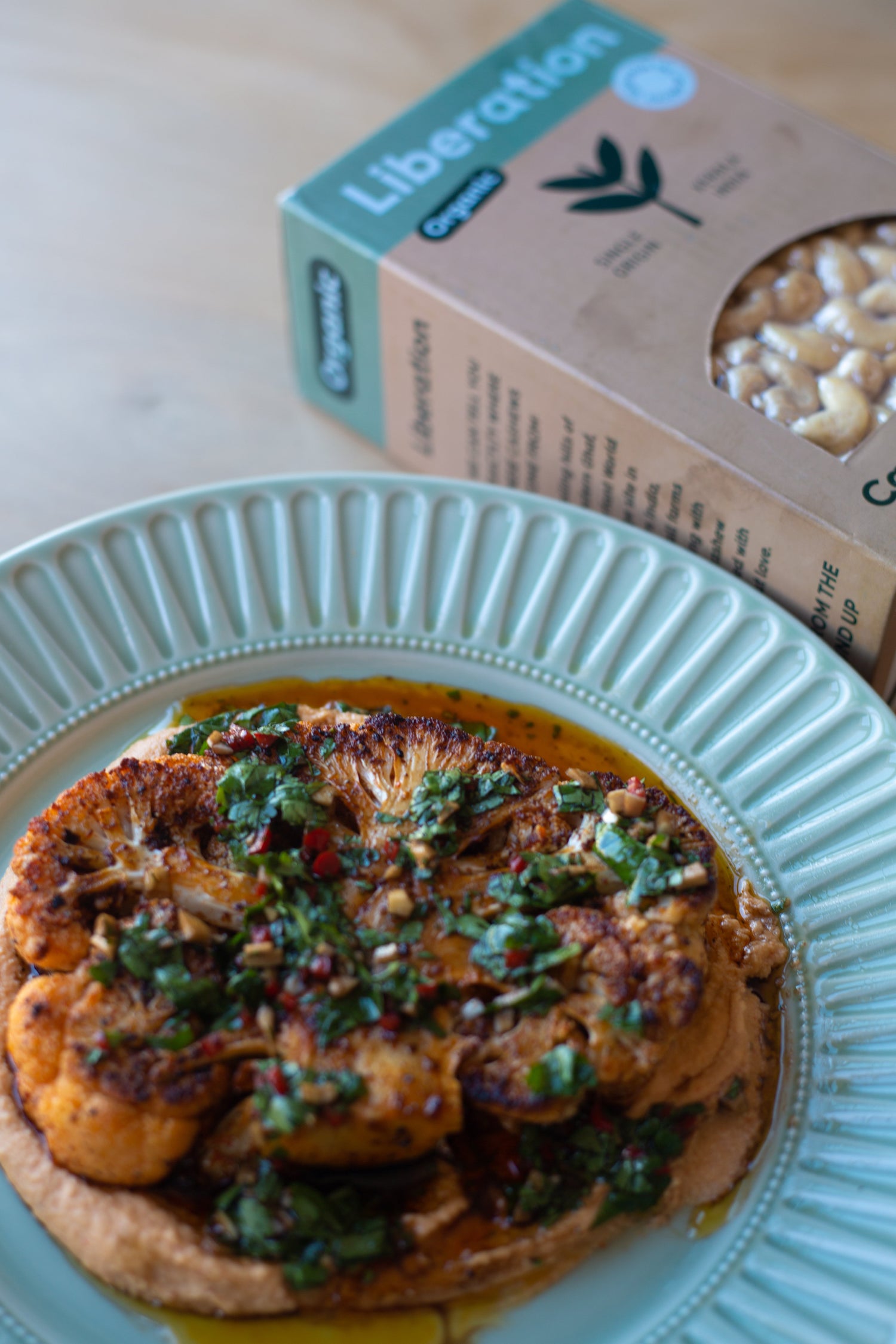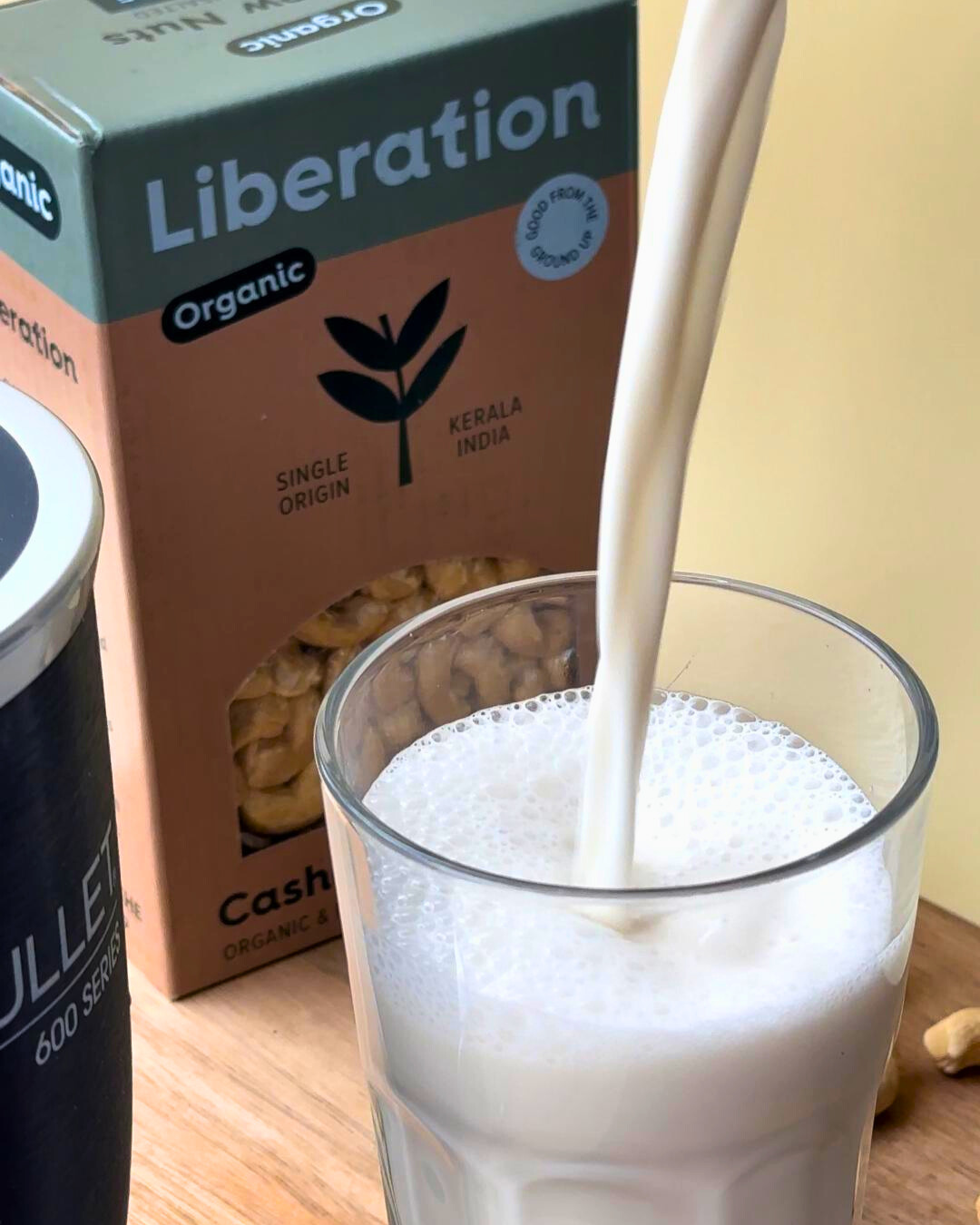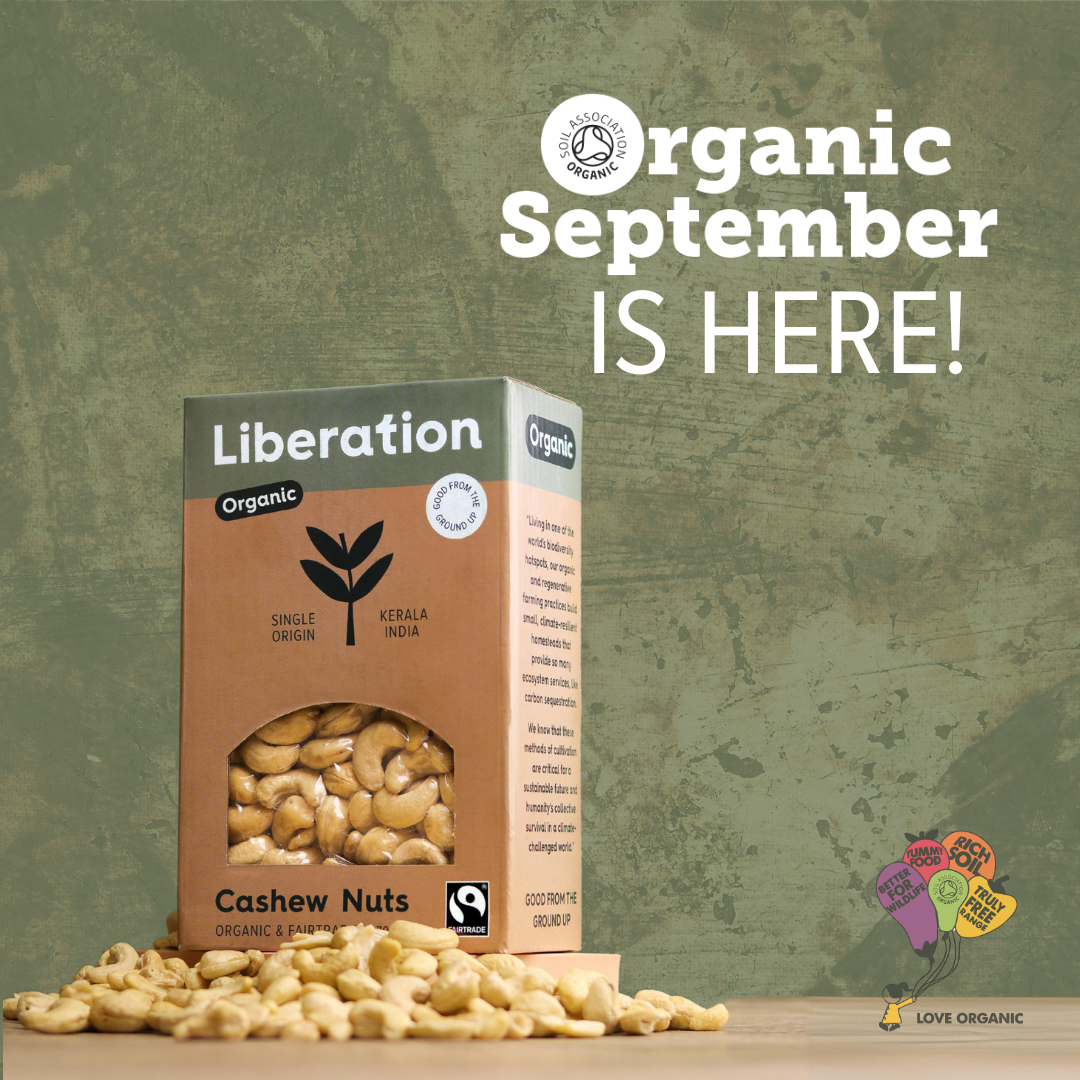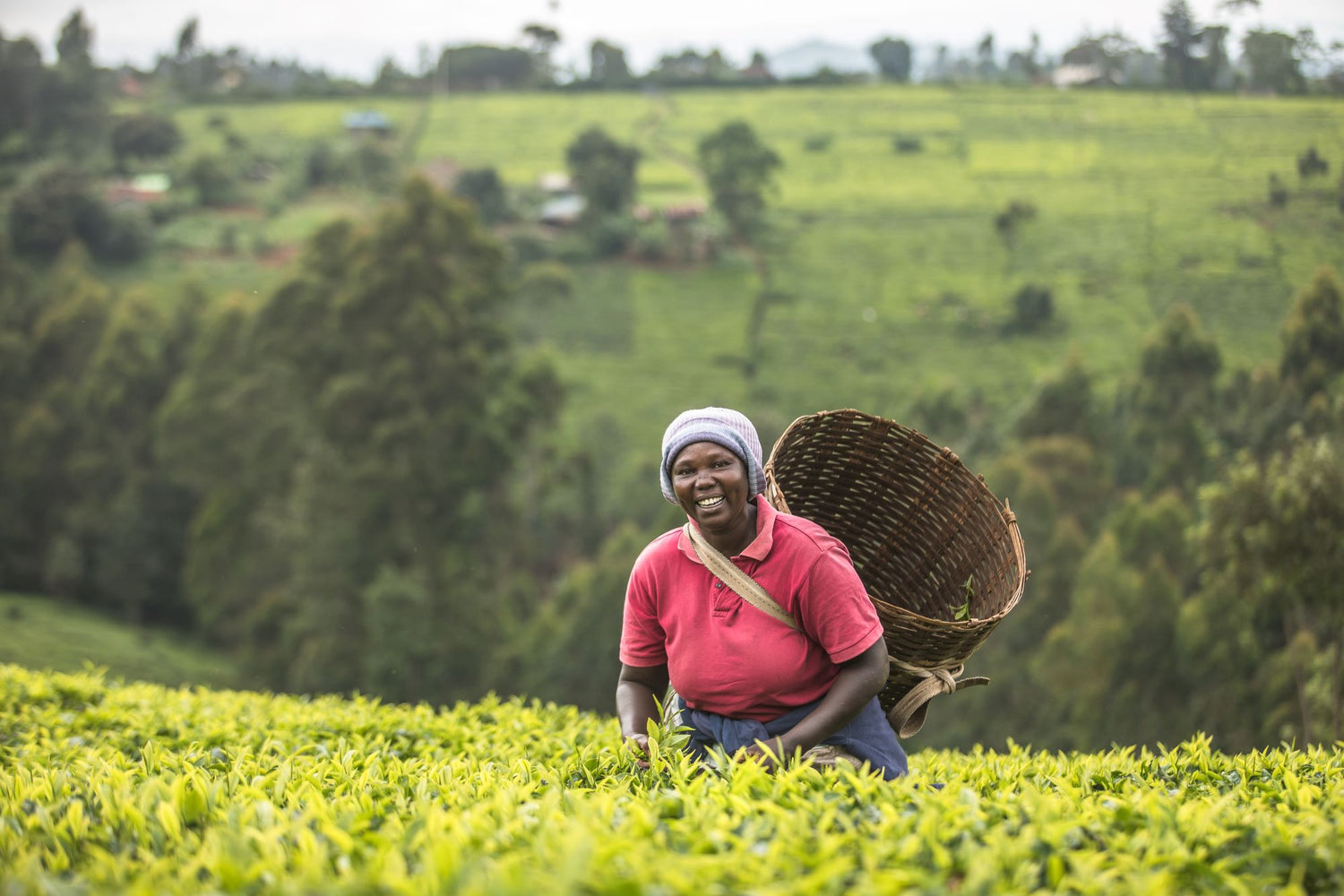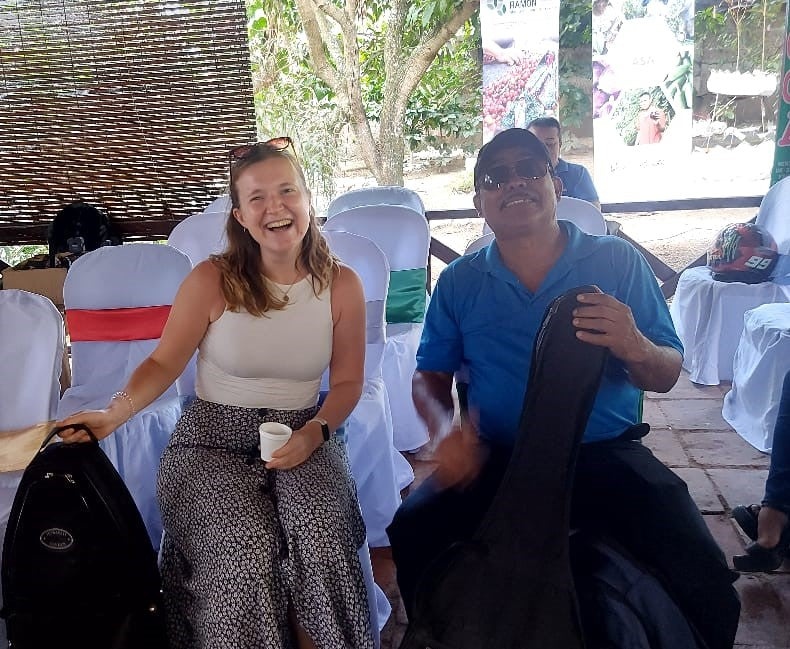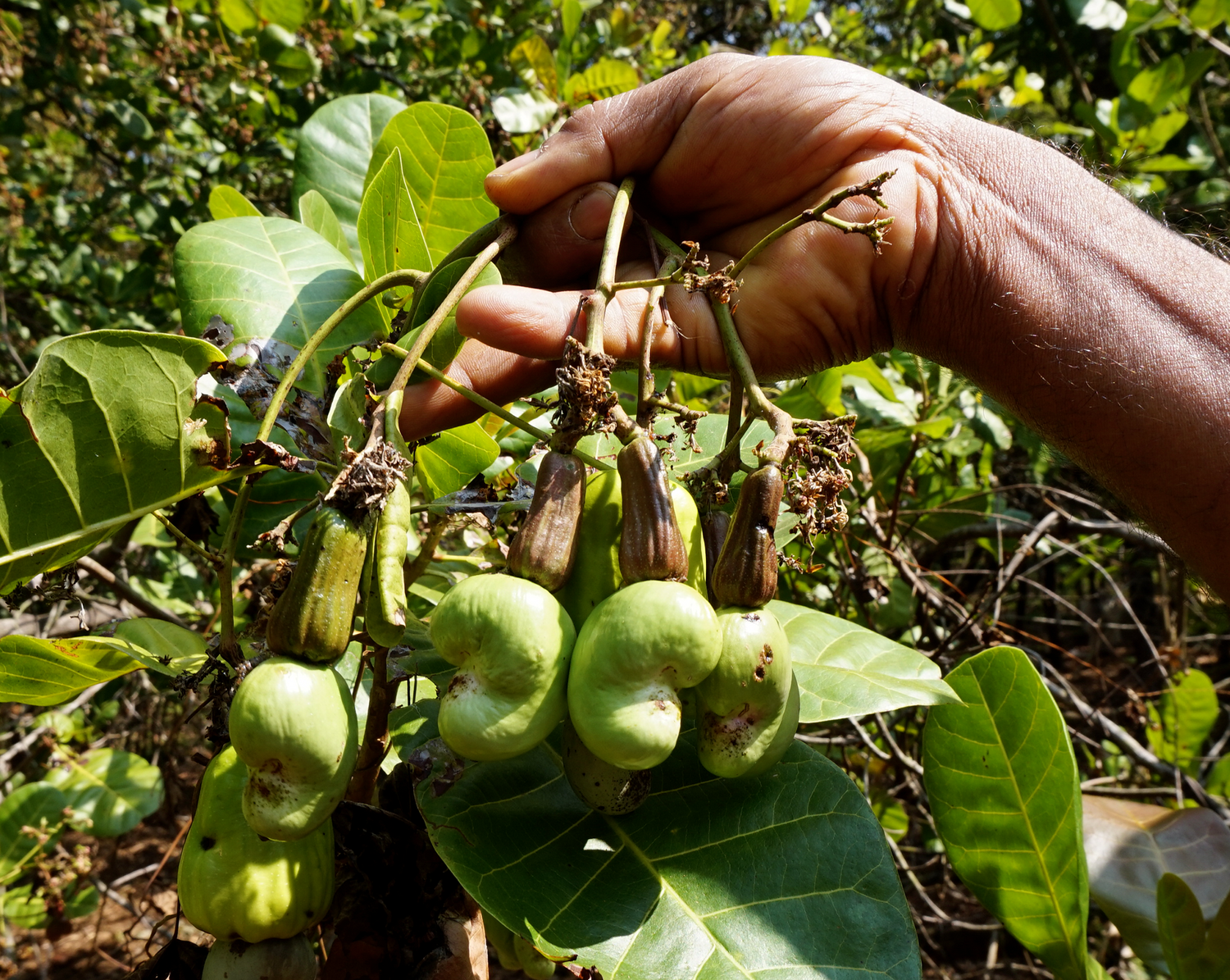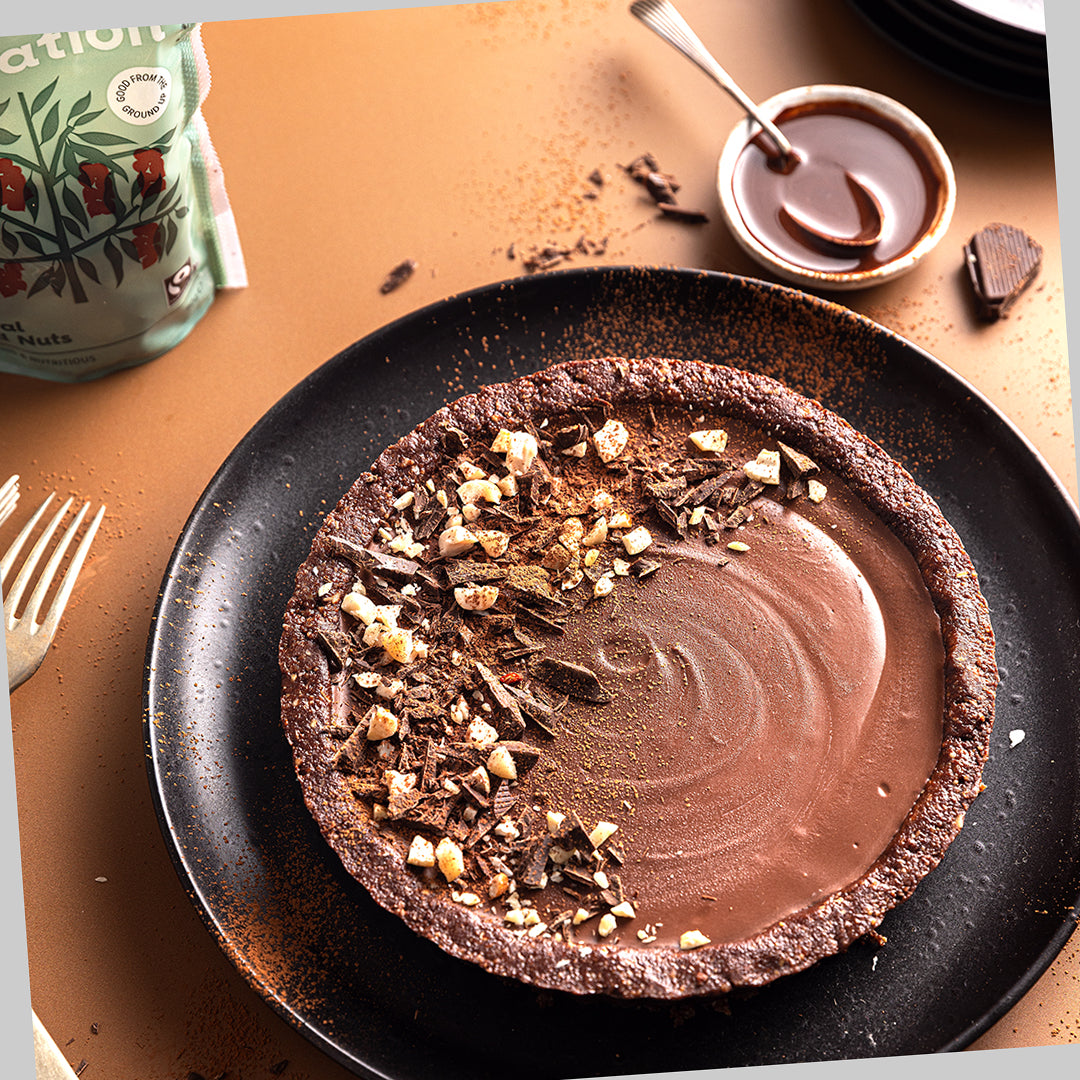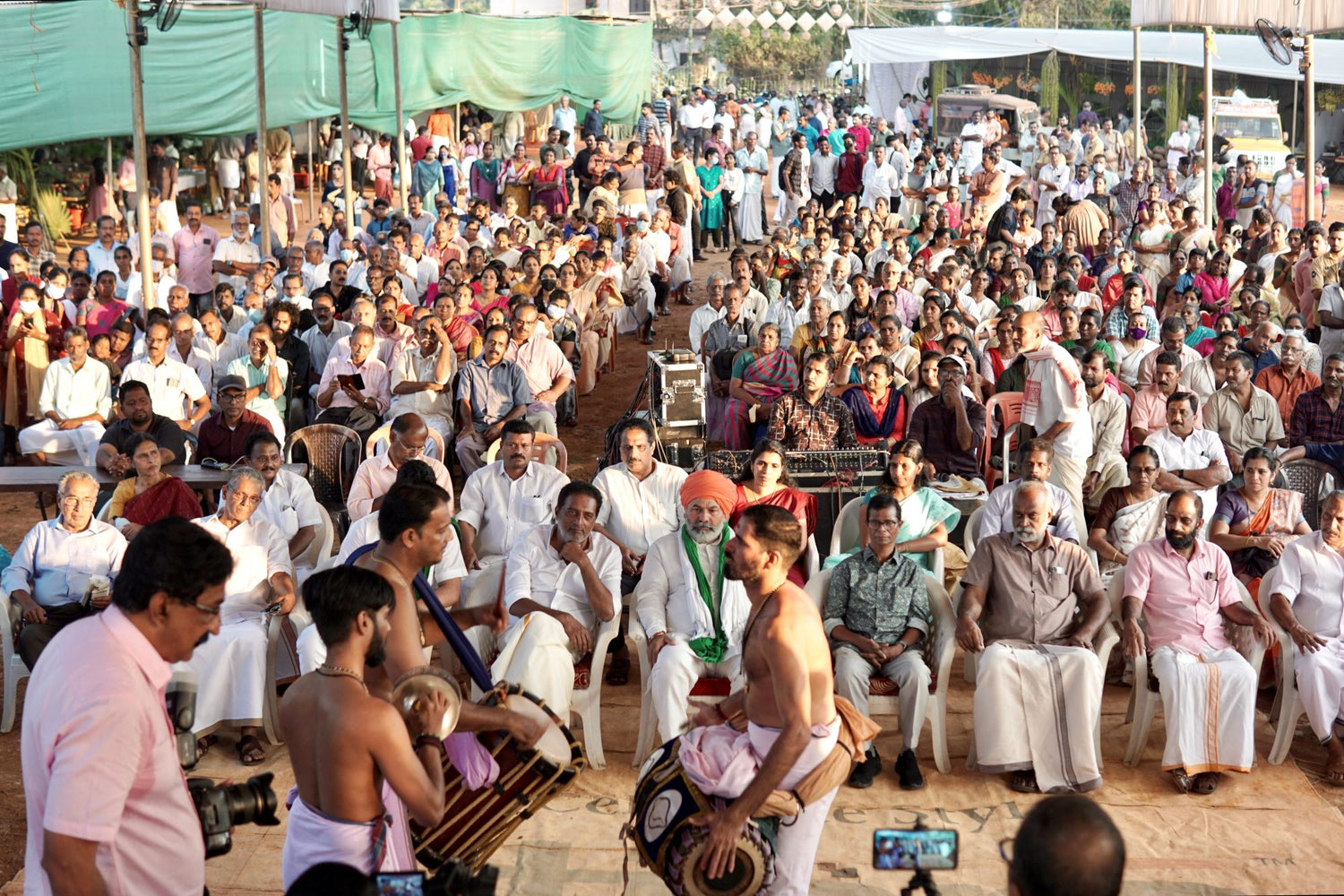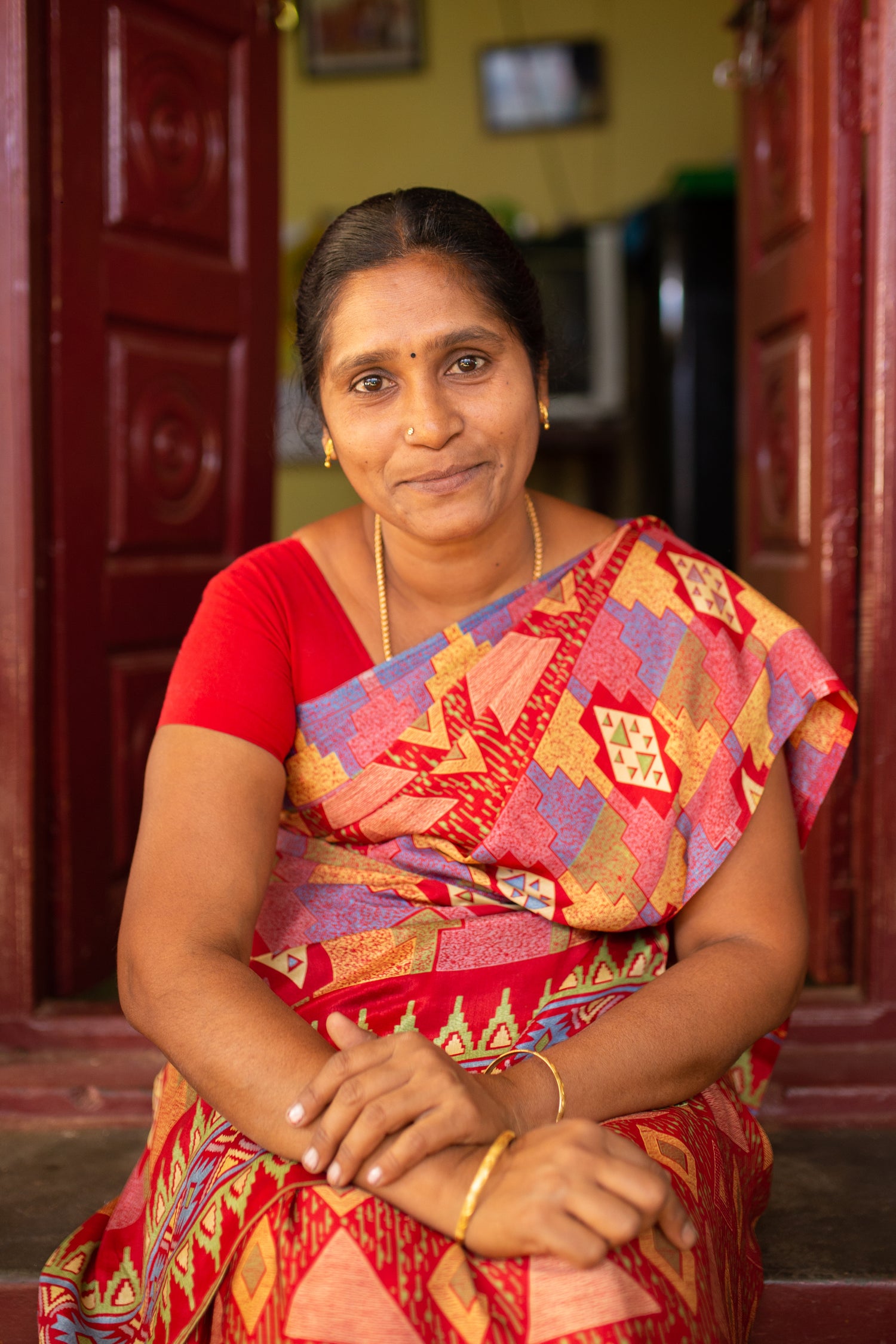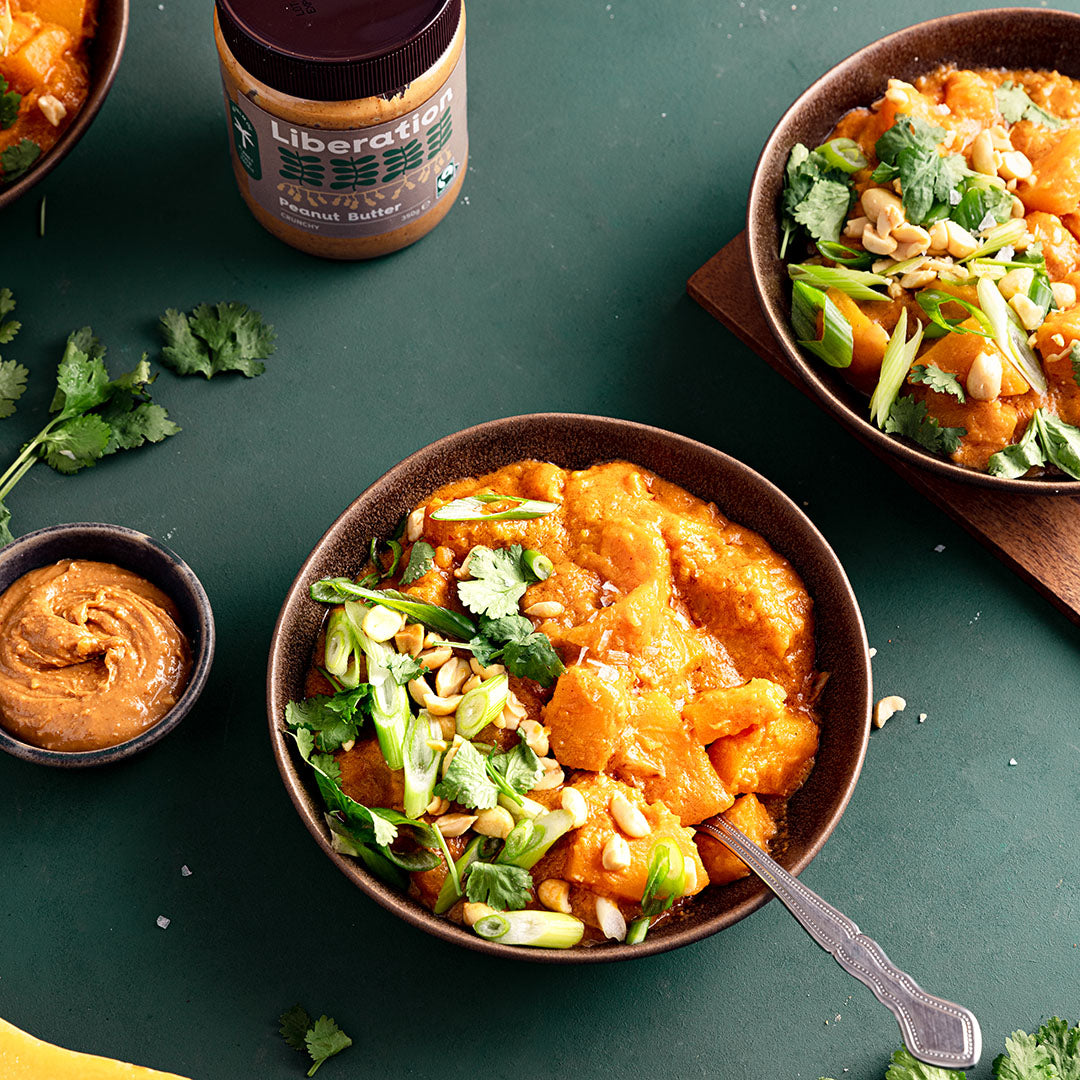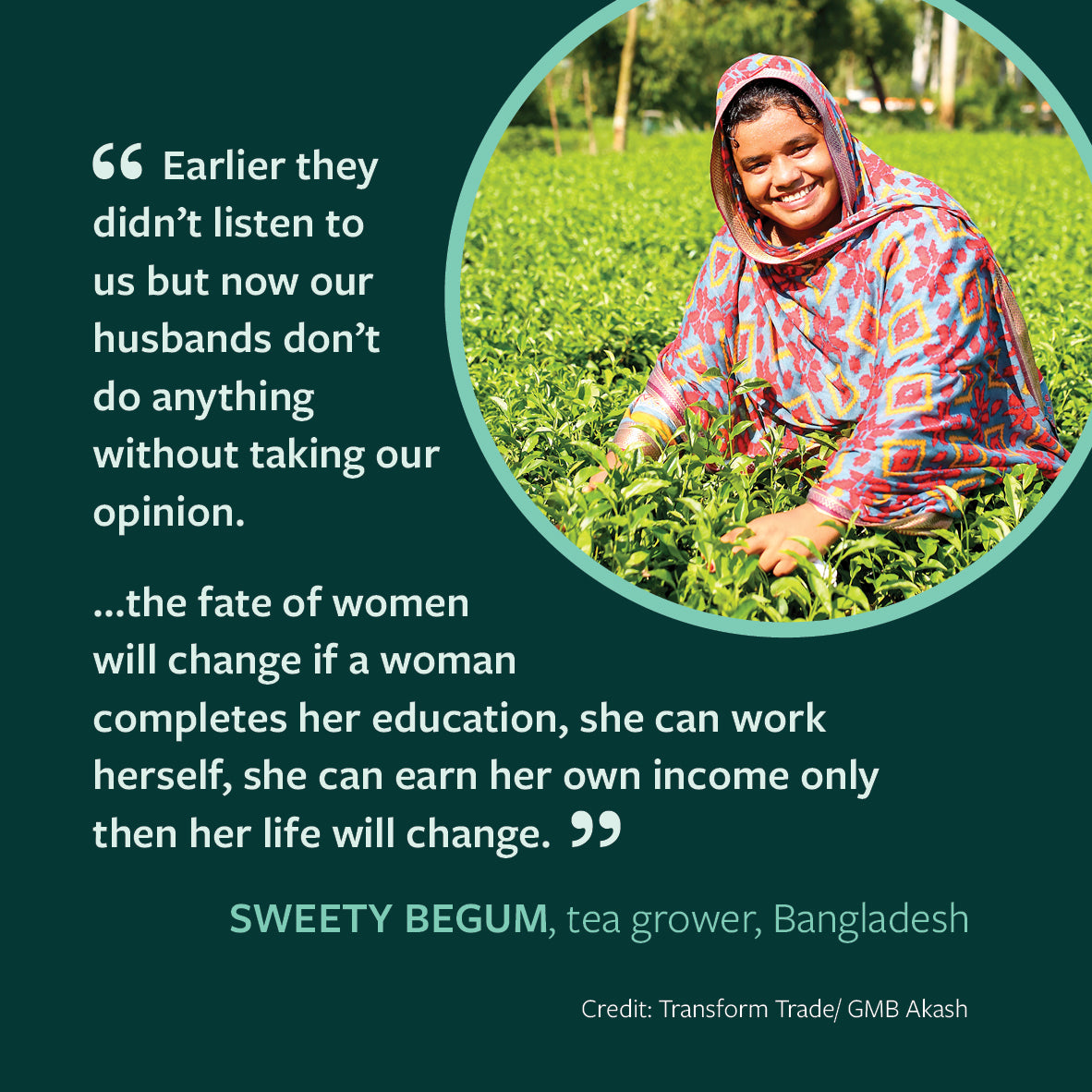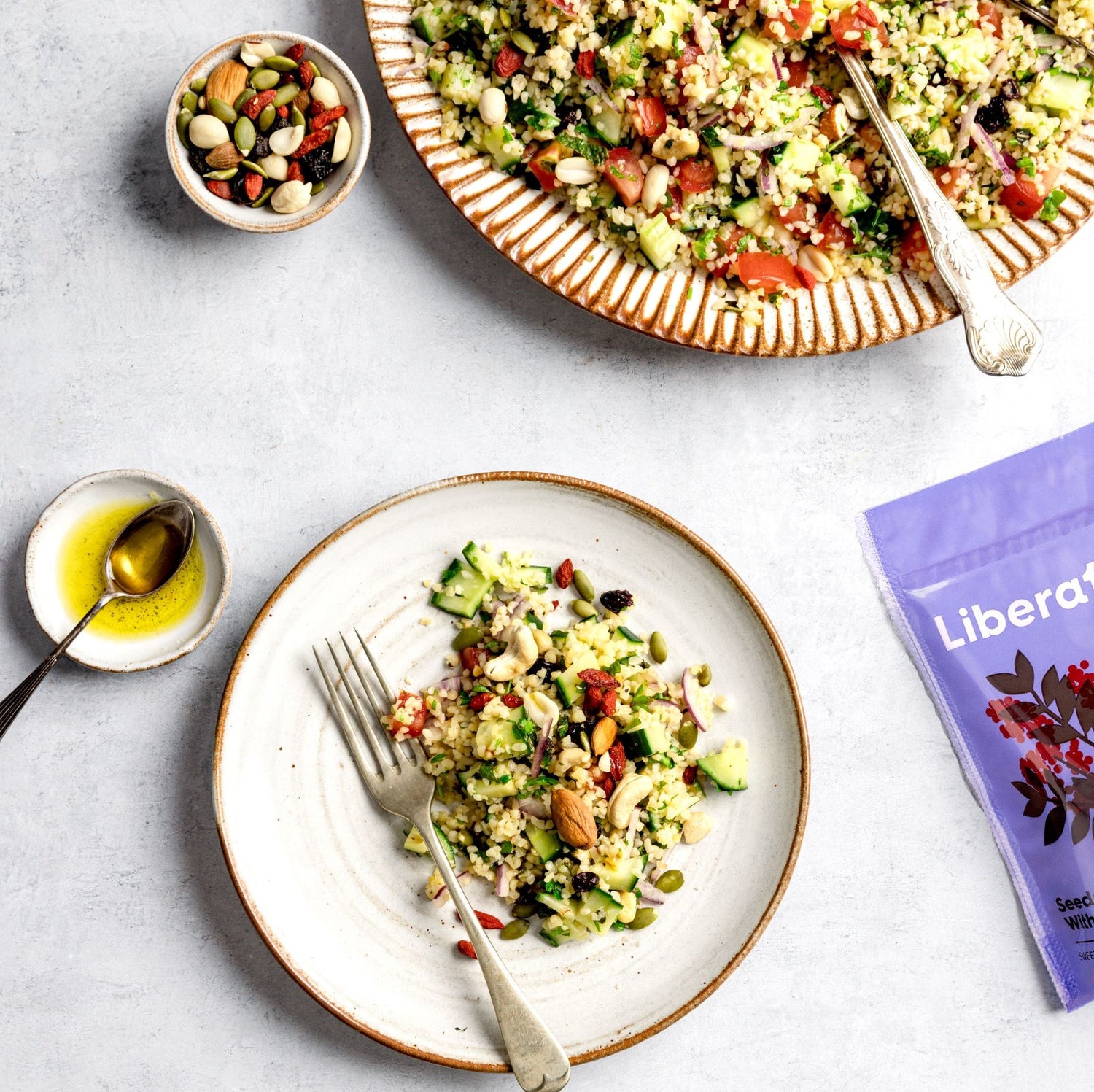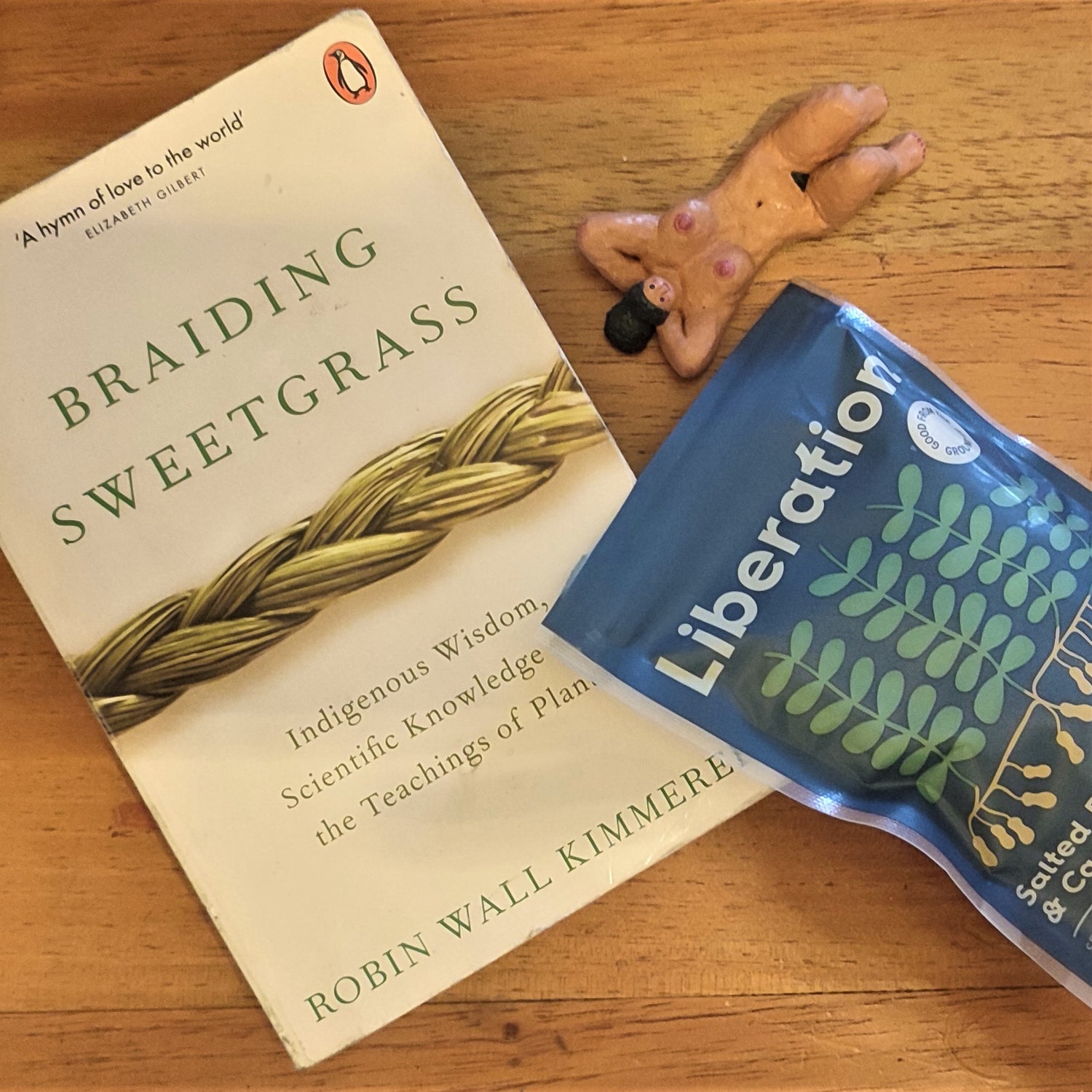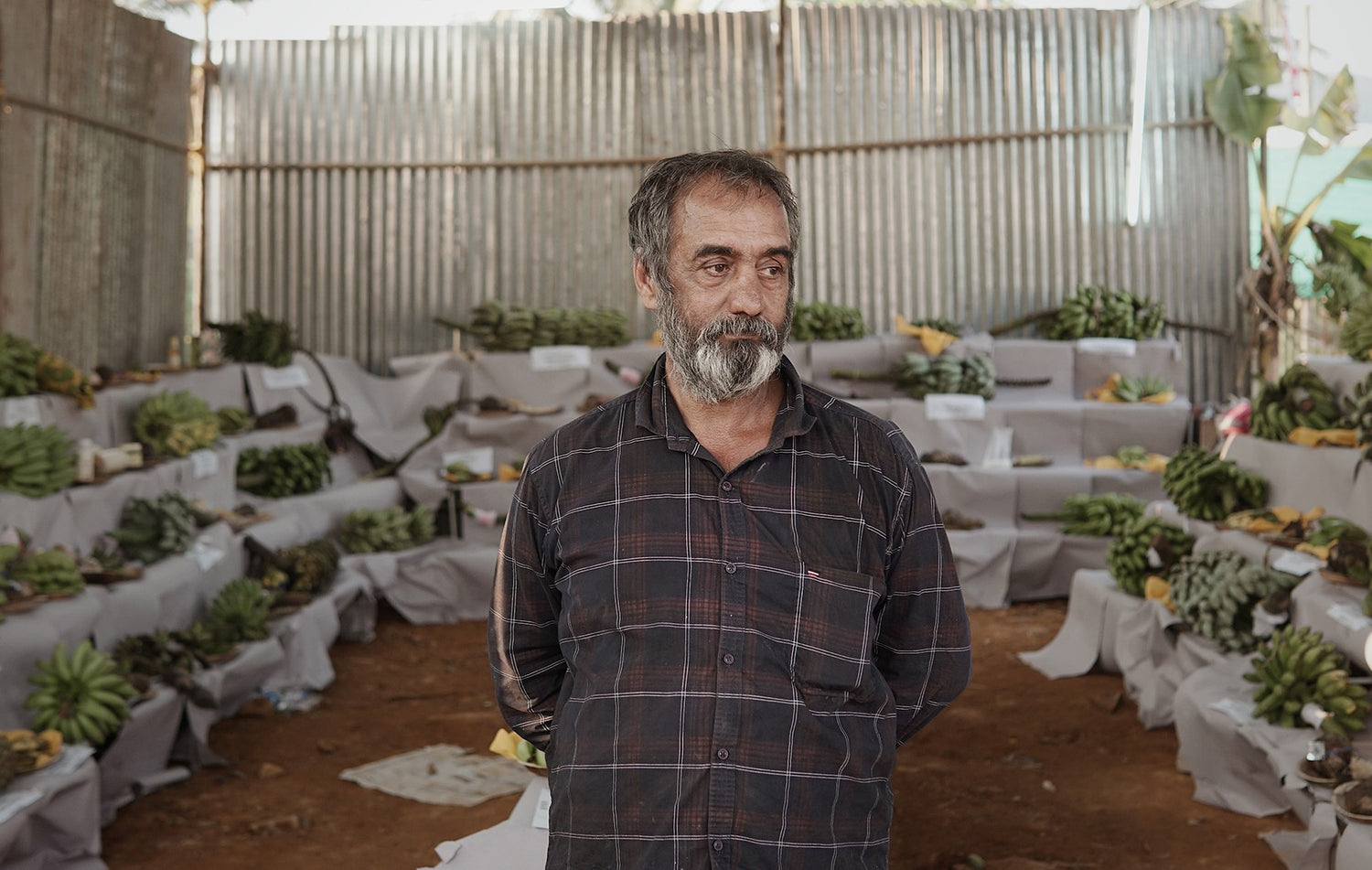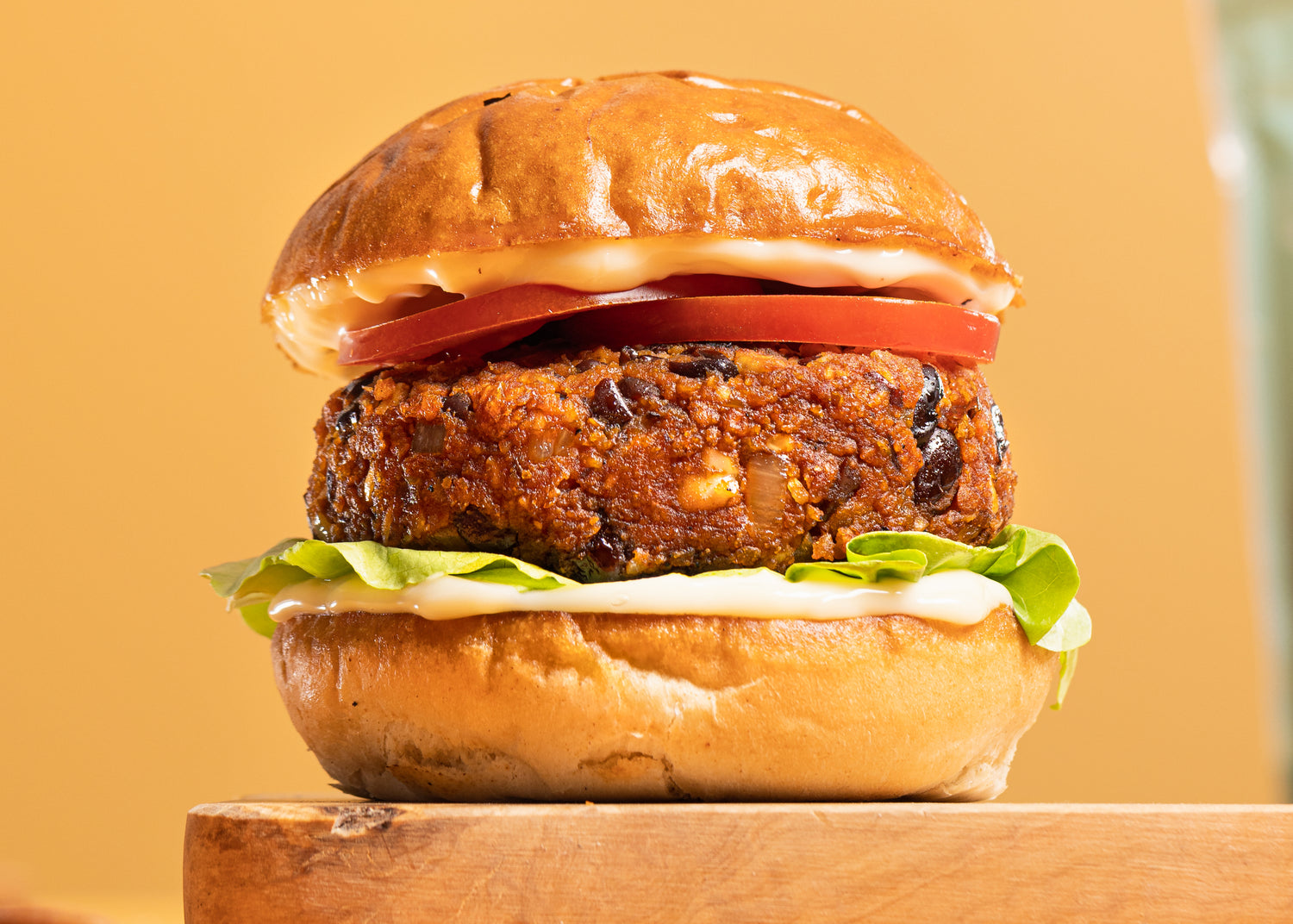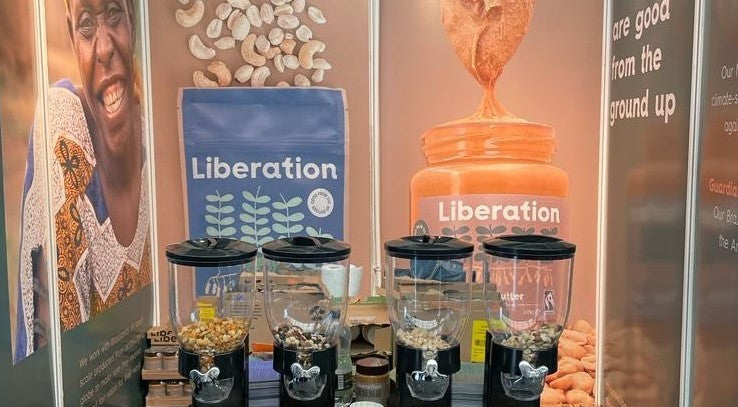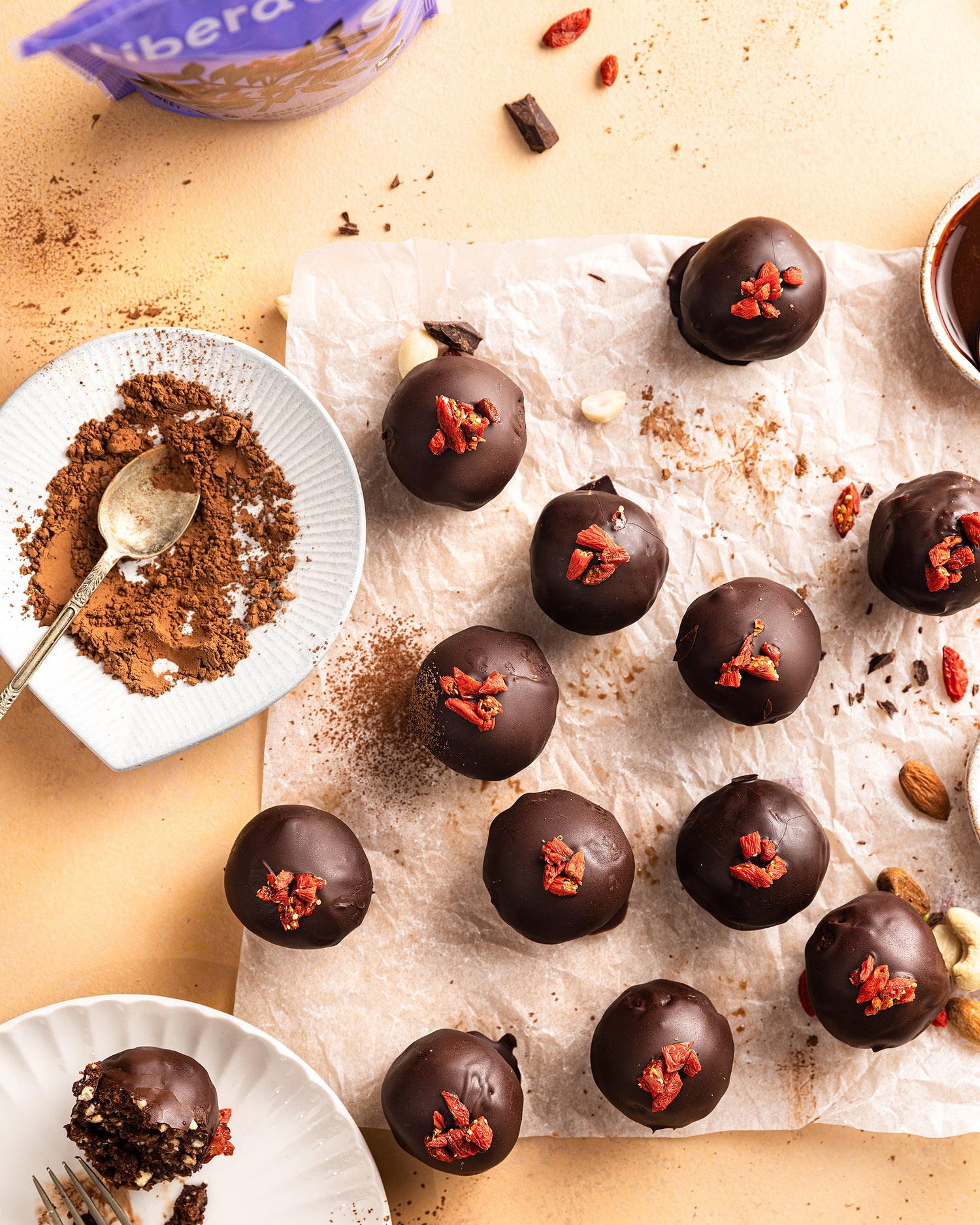As COP26 rumbles on and our future hangs in the balance of decisions made by a select few (the majority of whom most likely are yet to directly feel the impacts of the climate crisis), Juan relays his own observations on climate change and offers a damning view of what the future holds.
"Unfortunately, we (in Nicaragua) are in the zone of greatest risk for climate change. The differences are very visible to me. In the last 20 years I have been able to observe the change that has been happening in the climate, taking place with greater speed.
When I was a child I knew that winter came exactly on the first of May and we had 3 days to start, it was May 1st until May 3rd, like clockwork. Then, ending in October the winter was over and then came the wind. They were very exact changes.
Now sometimes we get to August and there is no rain or, as it happened last year, we had two hurricanes in November and rain until November 22. From what I've seen, they happen more frequently, with more strength and volume.
It all has a big effect, not only on issues of farming production. For me it affects the whole environment, everything that has to do with the natural habitat. We've observed that the plants are crazy, they bloom in times that are not their time. So many of these things are visible.
Last year we had plagues that, well in my life, we haven't had before. Chichimeca is a little animal that flies and it never went to eat the sesame crops, but last year they started. We suppose that their natural food no longer exists, it's been lost, and now they have to eat whatever they can find. That was shocking because it was unimaginable for us to see a small insect like that eating a species that it had not eaten before.
For me, it is all to do with climate change. There are many species of animals that have had to change, just like us. I think they adapt faster than us. There are many plants that we will not understand why they react like they do, we don't understand why many pests react in a different way. It's complicated. It is like Covid, now it is called Delta, tomorrow who knows what it will be called! And each time it will have a different reaction.
I would say that we are at the end of the road, unfortunately. Going back is not possible. What I believe is that the next generation will have to survive in different environments, to learn how to survive in situations that are totally different from what was the original world. It is about how to teach people how to survive in a complicated environment, I don't see any other way.
Our culture has changed, we humans have already changed too much. Now we don't worship the environment."
Juan, as a coop member and President of the International Nut Cooperative, is working hard to support smallholder farmers around the world to adapt to the challenges faced by the climate crisis and continue to build a resilient, sustainable and egalitarian model of small scale farming.
